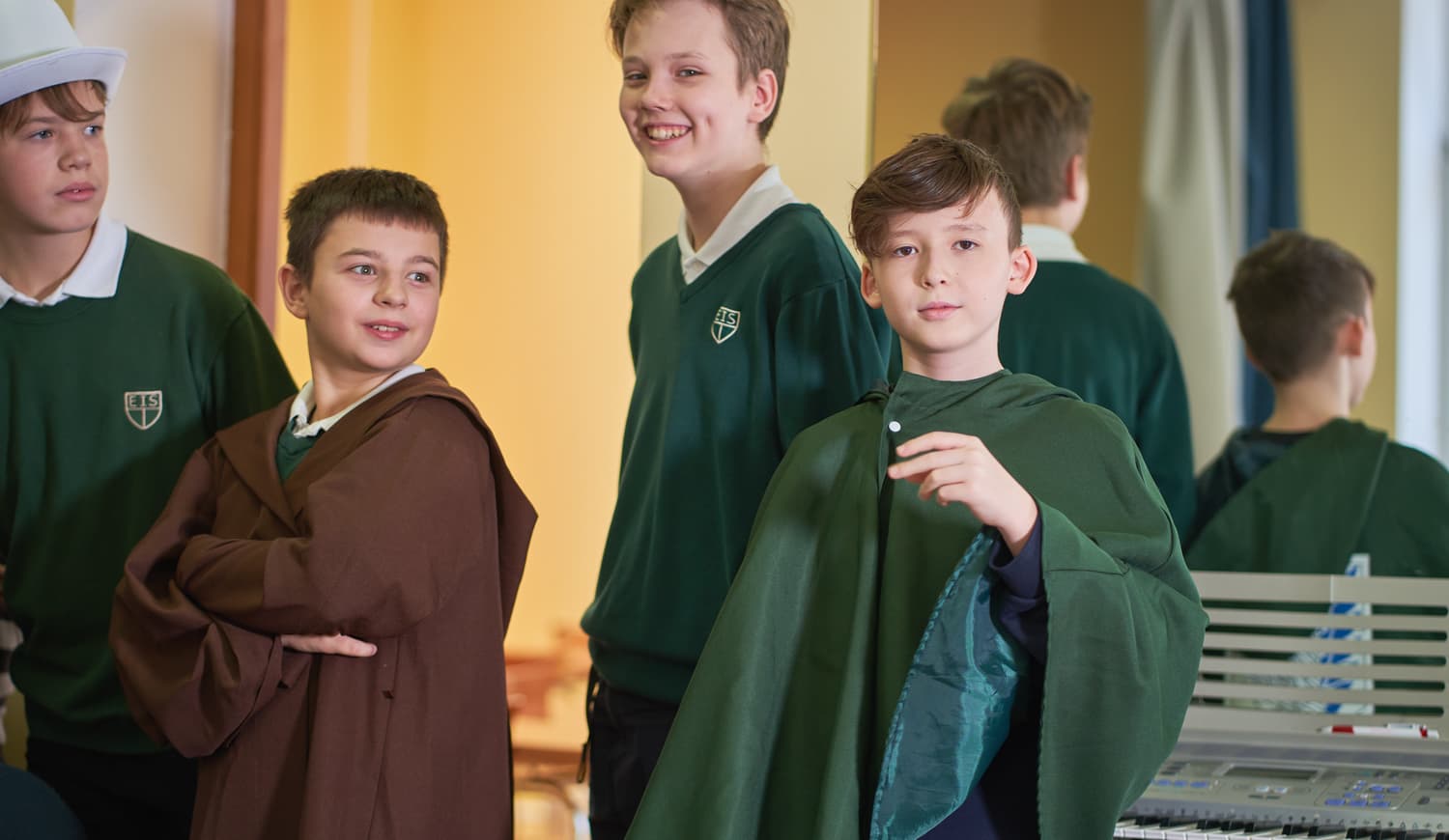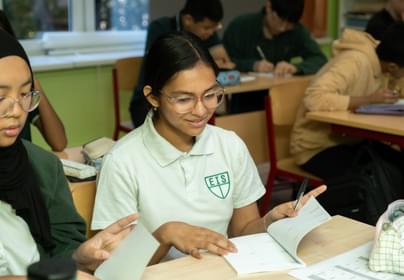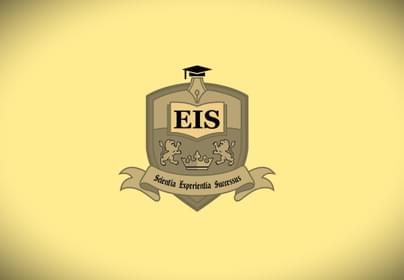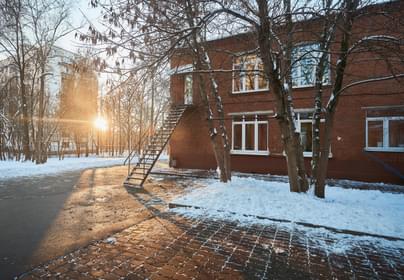The Duke of Edinburgh International Award is the world’s leading youth achievement award, bringing together practical experience and life skills to equip young people for life
EIS Moscow is the only school offering the DofE International Award in Russia. This is something we are particularly proud of, as you can imagine. Both Head of school Mr Lee N. Daglish and Head of Primary Mr Christopher Marsh are officially qualified as award leaders, assessors and coordinators, and we have both successfully led the award previously at EIS. It may be of no surprise to find out that our delivery of the ward has been interrupted on more than one occasion over the last few years; however, we are already up and running this year and ready for the challenge! So, let’s find out some more…
The Duke of Edinburgh International Award is ran in over 140 countries with over 8 million participants.
The award is designed to enrich the lives of young people by encouraging young people to learn new skills, get physically active, volunteer within their communities and discover a sense of adventure outside the classroom.
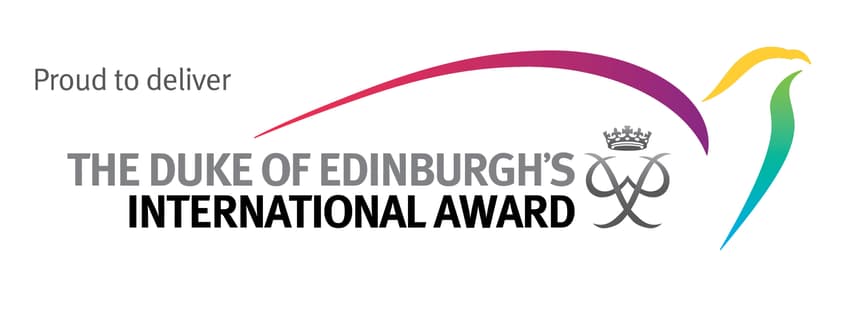
It offers young people opportunities that help them unlock their potential and be ready for their world, whatever that world may be.
Students aged 14 to 18 can take part in the award by designing their own programme, setting their own goals and challenging themselves to achieve their aims.
The award is broken down into three levels:
- BRONZE is for students aged 14 and over
The minimum period of participation to gain this award is 6 months. - SILVER is for students aged 15 and over
The minimum period of participation to gain this award is 12 months. - GOLD is for students aged 16 and over
The minimum period of participation to gain this award is 18 months.
At present EIS offers students the opportunity to gain the Bronze award. In the future we hope to extend our participation to include the silver award.
Voluntary service
This part of the award scheme provides participants with the opportunity to work for the benefit of their local community. Examples of voluntary service include; community service projects, conservation work and voluntary service in hospitals or community homes.
Adventurous journey
The adventurous journey is about adventure and discovery. The journey can be on foot, by bike, boat or on horseback and involves camping overnight, cooking outdoors and usually takes place in areas of outstanding natural beauty. Training, preparation, self sufficiency and self-reliance are the key elements.
Skills
The skills section is about developing personal interests and learning something new. There are almost limitless possibilities to choose from and participants set their own goals and measure their progress against them.
Physical recreation
By undertaking an organised and regular physical activity, participants show perseverance and improve their fitness. Most team and individual sports are included, such as football, athletics, and archery.
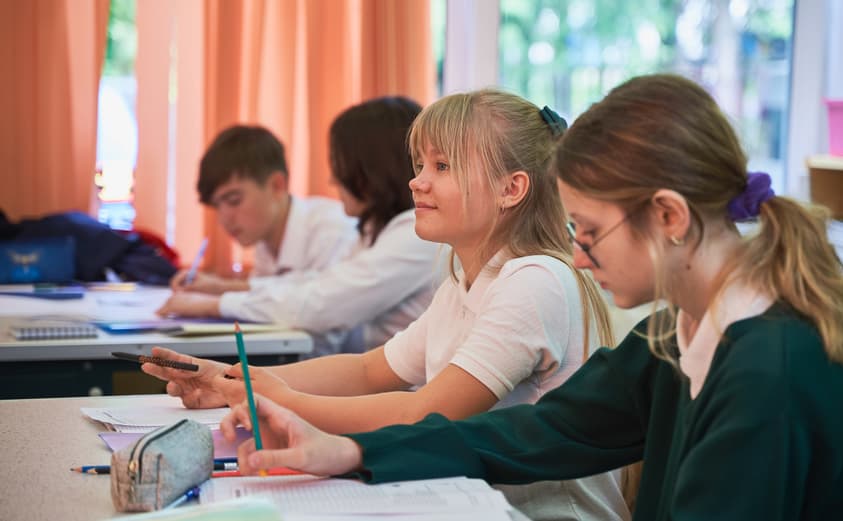
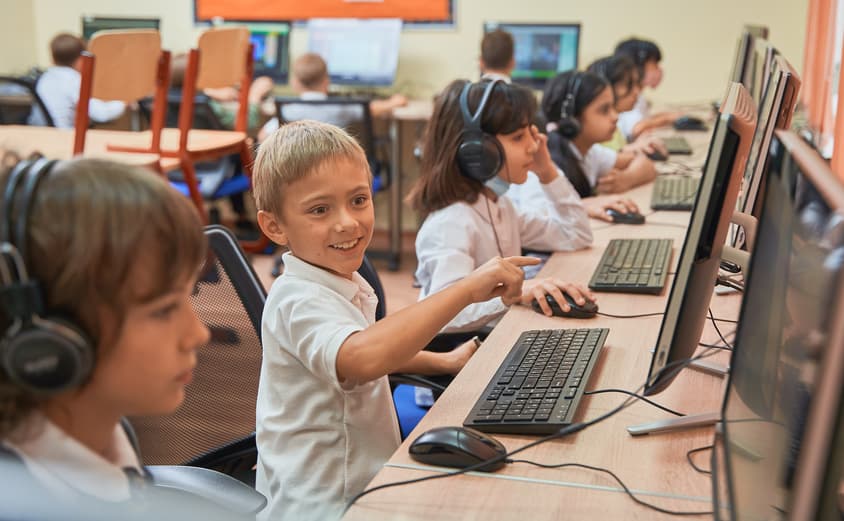

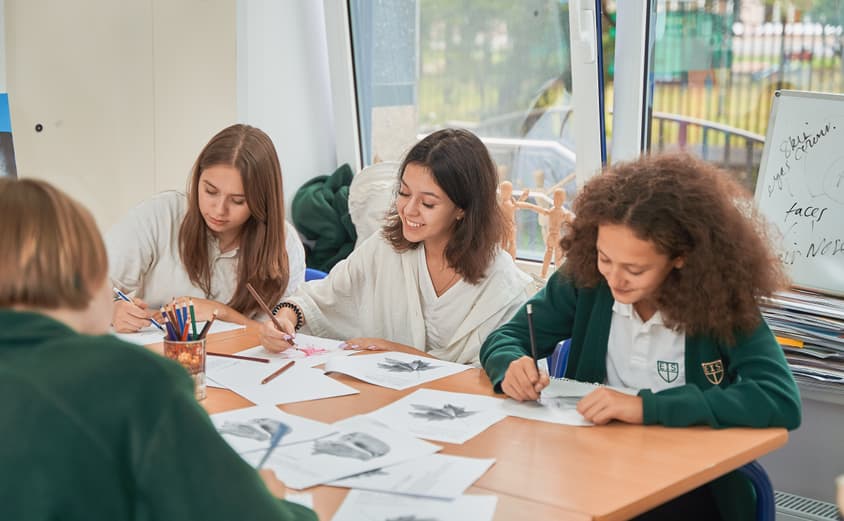
What are the ‘guiding principles’?
The guiding principles have been established in order to ensure that a young person has a meaningful and purposeful journey through their Award, as well as ensuring that the impact of achieving their Award provides a lasting personal legacy. The Award’s guiding principles are as follows:
Individual - Individuals design their own programme, which can be tailored to suit their personal circumstances, choices and local provision. They start at whichever level suits them best and they can take as long as they wish (within the age limit) to achieve their Award.
Non-competitive - Doing their Award is a personal challenge and not a competition against others. Participants’s programme is tailor-made to reflect their individual starting point, abilities and interests.
Achievable - An Award is achievable by any individual who chooses to take up the challenge, regardless of ability, gender, background or location, with the right guidance and inspiration.
Voluntary - Whilst the Award may be offered within school, college, work time, custody or extra-curricular activity, individuals choose to do a programme and must commit some of their free time to undertake their activities.
Development - Participating in their Award programme fosters personal and social development. Individuals gain valuable experiences and life skills, grow in confidence and become more aware of their environment and community transforming them in to responsible young adults.
Balanced - The Award provides a balanced framework to develop the individual’s mind, body and community spirit by engaging them in range of activities in up to five different challenges.
Progressive - At each level of engagement, the Award demands progressively more time, commitment and responsibility from the participant.
Inspiration - The Award inspires individuals to exceed their expectations. They are encouraged to set their own challenges and goals before starting an activity, aim for these goals and by showing improvement will achieve an Award.
Persistence - The Award requires persistence and cannot be completed with a short burst of enthusiasm. Participants are encouraged to continue with activities and to maintain their interest beyond their programme requirements.
Enjoyable - Participants and Leaders should find the Award enjoyable, fulfilling and rewarding.

